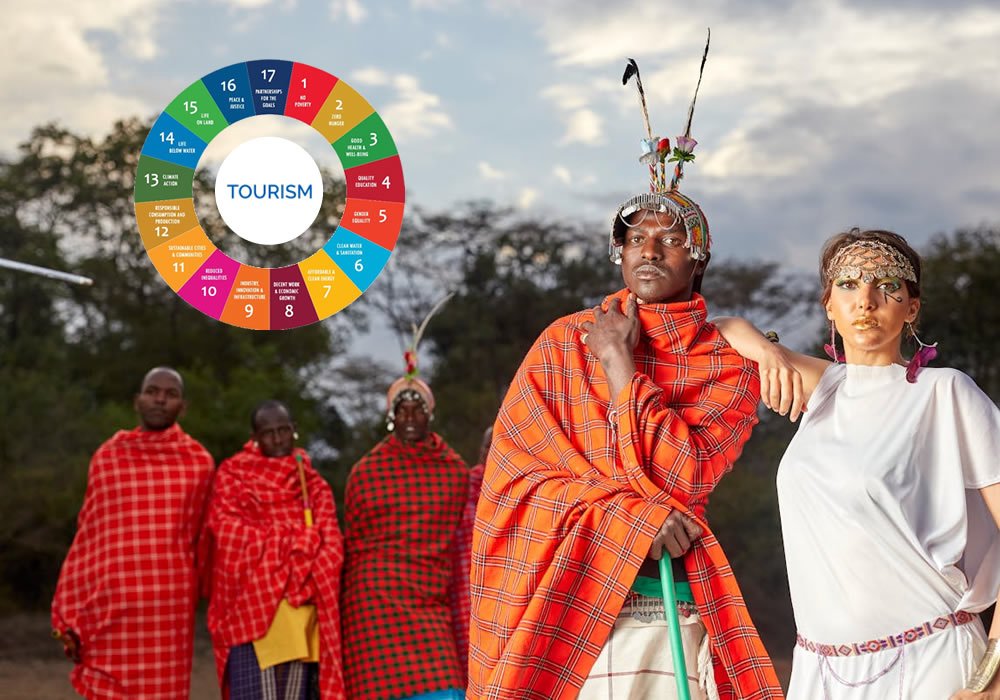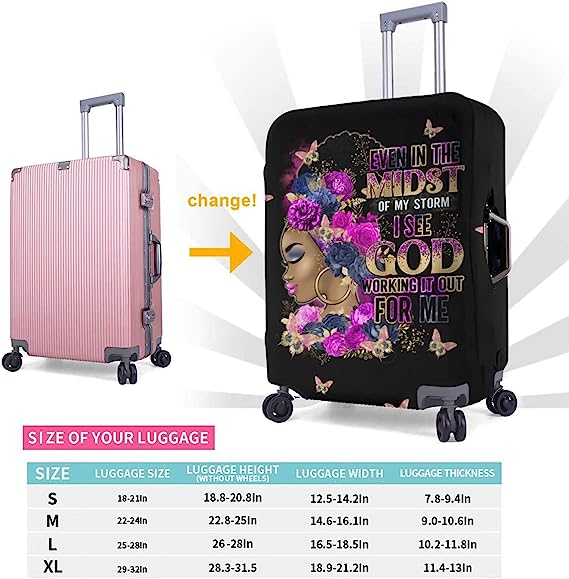WHAT ARE THE SDGS
On 25 September 2015, the United Nations General Assembly approved the 2030 Agenda for Sustainable Development and with it the Sustainable Development Goals, a framework comprising 17 goals and 169 targets, through which States, civil society, and private sector can guide and measure their contributions to sustainable development towards 2030.
The new development agenda is the most ambitious to date and the 17 goals are a universal call to action to eradicate poverty, protect the planet and ensure that all people enjoy peace and prosperity. The goals are interconnected- often the key to success on one will involve tackling issues more commonly associated with another.
The SDGs work in the spirit of partnership and pragmatism to make the appropriate and right choices to improve life, sustainably, for future generations.
TOURISM & SUSTAINABLE DEVELOPMENT GOALS
The historic agreement among world leaders at the United Nations in 2015 on a universal 2030 Agenda for Sustainable Development committed all countries to pursue a set of 17 Sustainable Development Goals (SDGs) that would lead to a better future for all. The bold agenda sets out a global framework to end extreme poverty, fight inequality and injustice, and fix climate change until 2030.
As the 17 SDGs and the corresponding 169 SDG targets offer the world a new direction, tourism can and must play a significant role in delivering sustainable solutions for people, the planet, prosperity and peace.
Tourism as an economic powerhouse is the third highest world category in export earnings in 2015, representing 10% of world GDP, 30% of services exports and 1 out of every 10 jobs in the world. Tourism has the potential to contribute, directly or indirectly to all of the goals. In particular, it has been included as targets in Goals 8, 12 and 14 on inclusive and sustainable economic growth, sustainable consumption and production (SCP) and the sustainable use of oceans and marine resources, respectively.
CORPORATE SOCIAL RESPONSIBILITY & SUSTAINABLE DEVELOPMENT GOALS
The Sustainable Development Goals are reframing the discussion of Corporate Social Responsibility. By developing and delivering solutions for the achievement of the SDGs, companies will discover new growth opportunities and lower their risk profiles.
Given that every tourism destination relies on a well-functional society, a healthy environment and a stable economy, the private sector has a large role to play in ensuring all three of these conditions.
Businesses aim to generate profit, take care of the environment they operate in, and create a positive social impact and often through their Corporate Social Responsibility (CSR) programmes.
SDGs can be used as an overarching framework to shape, steer, communicate and report your strategies, goals and activities, allowing you to capitalize on a range of benefits.
TOURISM IN NATIONAL SDG STRATEGIES
The increasing recognition of the role of tourism in sustainable development and the achievement of the 2030 Agenda is a landmark breakthrough that provides a unique opportunity for all governments to create a sound and favourable policy foundation.
As an early initiative to examine how tourism is portrayed in national SDG strategies, a frontier research on countries’ efforts on the implementation of the 2030 Agenda reported in the 64 Voluntary National Reviews (VNRs) presented by UN Member States during the High-level Political Forum on Sustainable Development (HLPF) in 2016 and 2017 was conducted.
The findings shed light on opportunities for tourism to be firmly and even better integrated in national SDG planning and provide key recommendations for tourism policymakers to be fully part of that process.









0 Comments